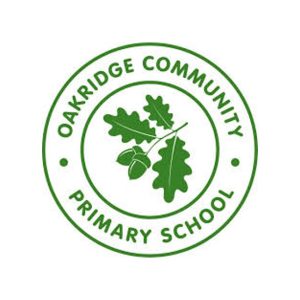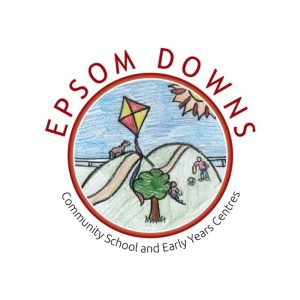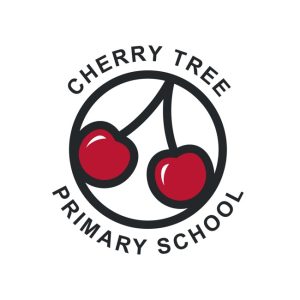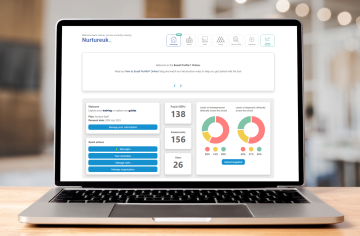Unlocking the potential of all pupils aged 4-18
The essential framework empowering schools to understand and support the social, emotional, and development needs of all pupils, to positively impact their learning, behaviour, attendance, and wellbeing.
- Comprehensive assessments
- Identify and visualise need
- Individual and group learning plans
- Tracking progress
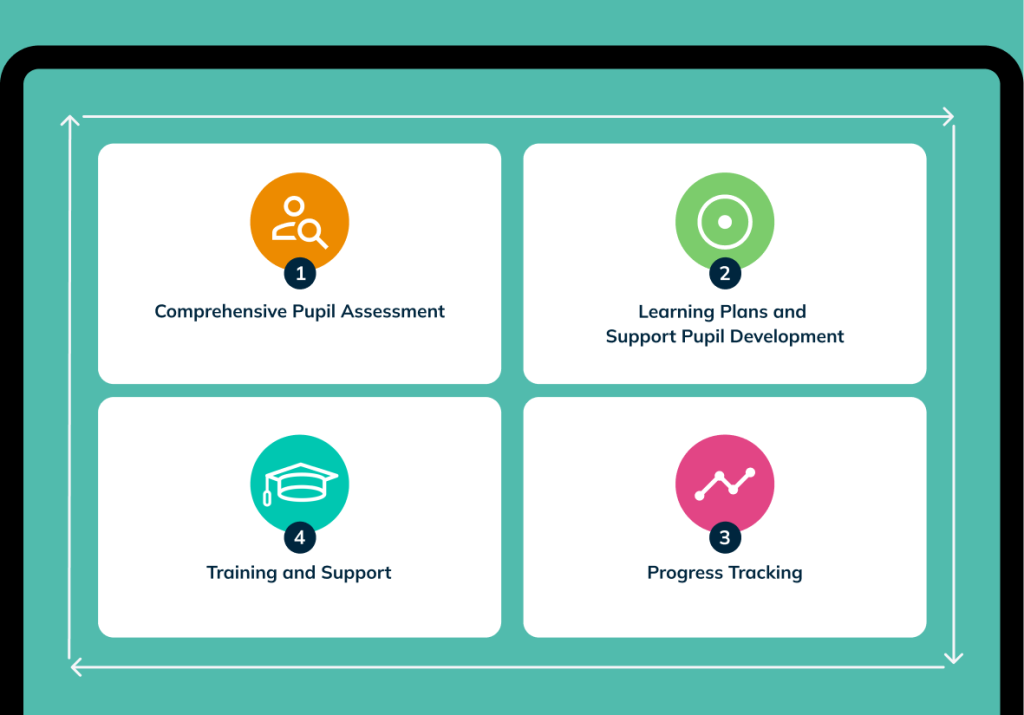
Staff use a quick two-part checklist to assess skills and identify developmental needs, helping tailor support based on evidence.
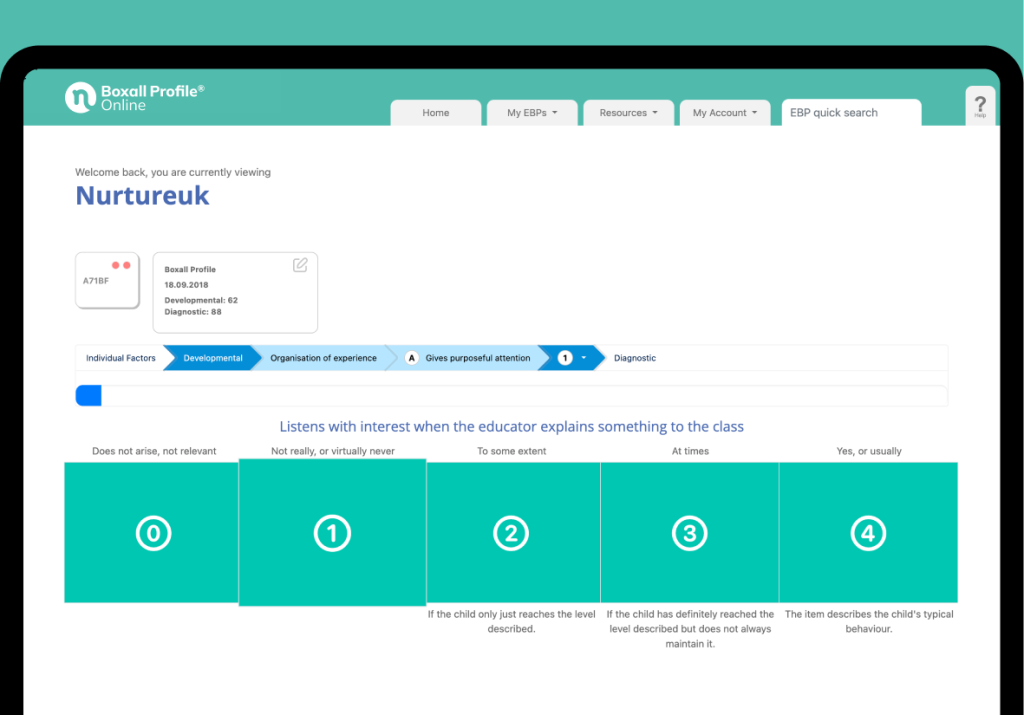
Set and track achievable targets to support student development and improve group and class dynamics.
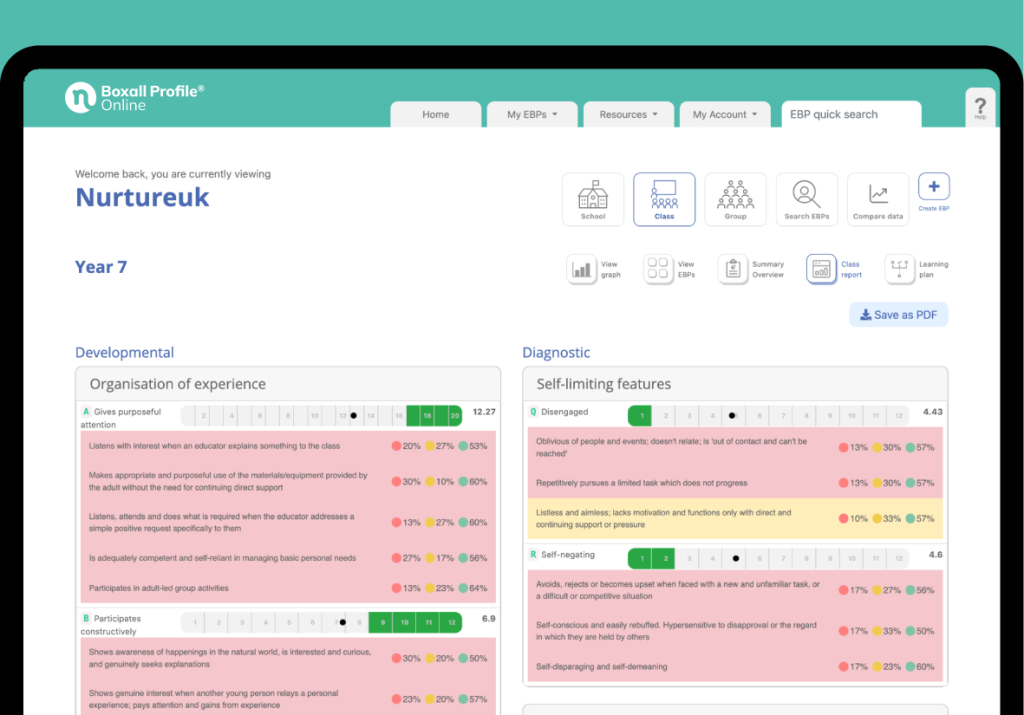
Track individual and school-wide progress to guide decisions on resources and interventions.
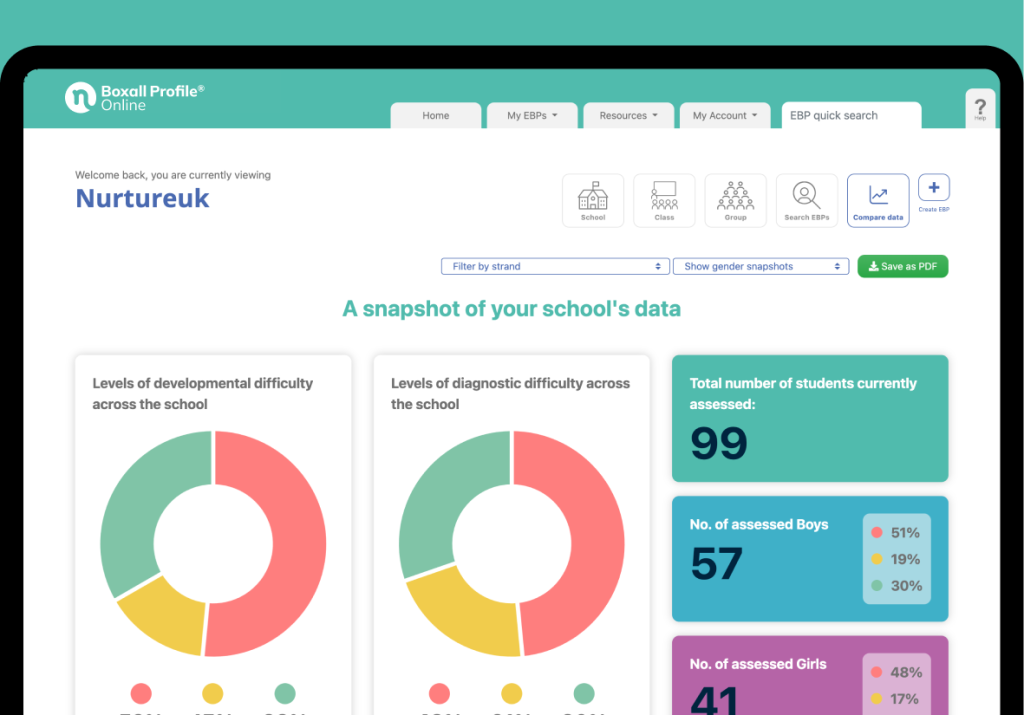
97% of schools agreed that the Boxall Profile® helped their setting to identify and respond to the needs of their children and young people – Read report
Championing nurture in education
We help to unlock pupils’ potential, by removing barriers to learning. In the last year we’ve reached over:
From understanding behaviour to nurturing wellbeing

Immediate insight, long-term impact
In every classroom, there are children facing invisible barriers. You see the behaviour, but how do you uncover the needs behind it? Research suggests that over a third of pupils have some social, emotional, or mental health (SEMH) need, and our Time to Nurture report found that at least a quarter have moderate needs that are even harder for educators to identify. These hidden challenges can have a significant impact on learning, but the Boxall Profile® Online moves beyond guesswork, providing a clear framework to understand a child’s inner world and give them the support they need.
The tool provides both immediate insights and long-term impact. From your very first assessment, you’ll gain a clear understanding of a child’s needs, allowing for immediate, targeted support. This value then compounds over time; as you consistently assess, apply strategies, and embed the tool across your school, you build a sustainable, whole-school approach to wellbeing that grows more effective with every term.

Start with understanding
The award-winning Boxall Profile® Online is the first step along the graduated approach to nurture and is the best way to identify and address hidden issues, ensuring that every child and young person gets the support they need to unlock their ability to learn. The combination of the assessment tool and the graduated approach helps to build a nurturing and supportive environment, ensuring that children and young peoples emotional and social wellbeing is addressed effectively throughout the different levels of support.
Boxall Profile® assessments are not designed as a diagnostic tool for specific mental health conditions, learning difficulties or developmental difficulties. Instead, assessments are designed to help professionals understand and work more effectively with children and young people, in a way that’s sensitive to the needs of the child or young person being assessed.
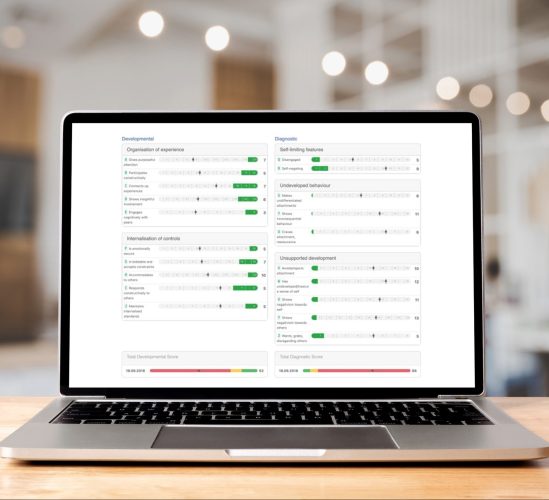
Identify barriers to learning
The two-part checklist, which is completed by staff who know the child and young person best, is quick — and, very importantly, identifies the levels of skills that children and young people possess to access learning.
Benefits the whole-school community
- Children and Young People
- Practitioners and Teaching Staff
- Schools and Education Settings
- Local Authorities, Trusts and Governments
The Boxall Profile® helps with
Loved by industry leaders
Latest News, Evidence & Impact
Meet the New Boxall Profile® training toolkit: Flexible, affordable, and built for you
We know that "one size fits all" doesn't work for pupils, and it certainly doesn't work for professional development. Between timetabling clashes, budget constraints, and the sheer pace of school life, finding the time to upskill your team can feel like an impossible task.
Read moreNurtureuk and the Boxall Profile® Online at the 2025 Education Today Awards
What a great evening at the 2025 School & Supplier Awards on Friday, celebrating and highlighting the quality and diversity of educational products and resources, excellent educational establishments and the most dedicated members of the teaching profession and supplier industry, all working together to encourage the very best in education.
Read moreStreamlining your experience: Introducing the new Boxall Profile® Online dashboard
At Boxall Profile® Online, we know that for educators, time is the most valuable resource. When you log in, you need to get to your data, set your assessments, and get back to supporting your pupils, without unnecessary clicks.
Read more
Evidence & Impact
Analysis of the Boxall Profile® data gathered by BCP primary schools during the academic year 2017/18 revealed high levels of SEMH needs in schools that
assessed the whole school or whole-year groups of children.




